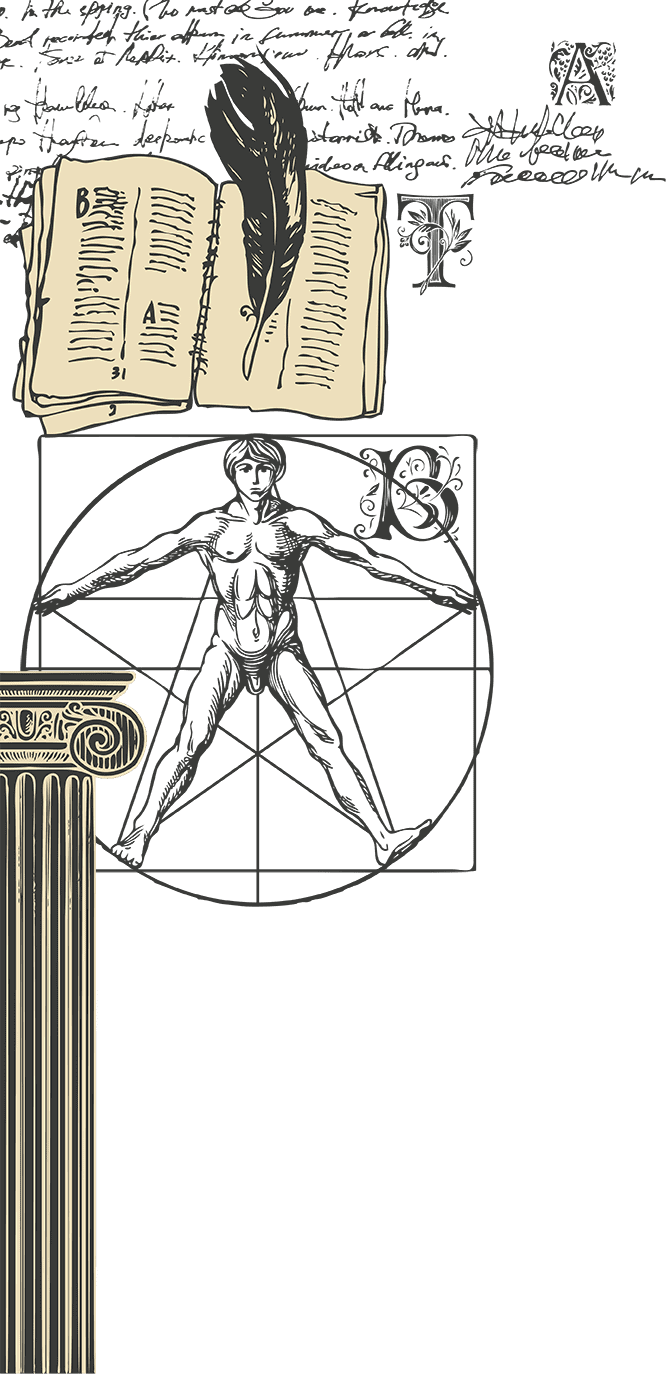
In an era where the trust in political leadership often wavers, the story of Lucius Quinctius Cincinnatus, an ancient Roman statesman, offers a timeless blueprint for ideal political stewardship. Cincinnatus’ life is not just a tale from antiquity, but a pertinent exemplar for contemporary politicians, underscoring the ethos that they are to serve the nation, not to be served by it. Mo
Cincinnatus was a Roman farmer who was called to serve as a dictator in 458 BCE during a dire military crisis. His appointment was based on Roman custom, which allowed for a temporary surrender of republic governance in favor of an absolute but short-term ruler during emergencies. Unlike modern connotations of a dictator, the role in ancient Rome was designed as a provisional measure for the public good. Cincinnatus, embodying the true spirit of this role, led the Romans to victory and, notably, relinquished his power immediately thereafter, returning to his agricultural pursuits.
This relinquishment of power, at the height of authority, sets Cincinnatus apart and exemplifies his commitment to the Republic over personal ambition. Modern politicians, inundated with the temptations of prolonged power, extended influence, and often, personal enrichment, have much to learn from Cincinnatus’ example. In an ideal democratic framework, political leaders are public servants, holding office to serve and better their nations, not to entrench their power or advance personal interests.
Furthermore, Cincinnatus’ return to his farm symbolizes the concept that political service is a temporary stewardship, not a career path. It reinforces the idea that political leaders should remain grounded and connected to the ordinary lives of their constituents, understanding and empathizing with the public’s needs and challenges. This connection is crucial in preventing the alienation and elitism that often plague long-term political careers.
In today’s context, where political polarization and the pursuit of power often overshadow national interest, Cincinnatus’ legacy is a compelling reminder of the virtues of humility, service, and the transient nature of political power. His life teaches that true leadership is not about wielding power, but about the responsible and ethical use of it for the common good.
In conclusion, as societies across the globe grapple with complex political challenges, the example set by Cincinnatus remains ever relevant. It beckons modern politicians to a higher standard of service, integrity, and selflessness. Emulating Cincinnatus’ dedication to the public good over personal gain could lead to a more ethical, responsible, and service-oriented political culture, fostering greater public trust and stronger, more resilient democracies.
